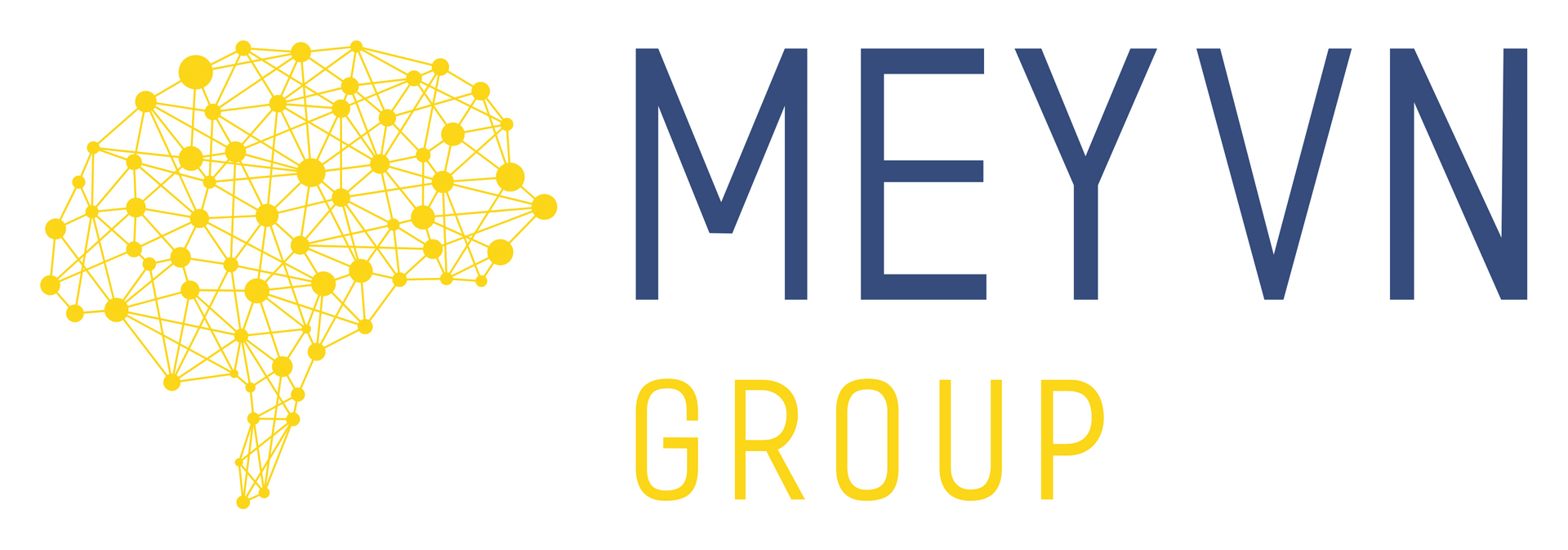The landscape of education is evolving rapidly, propelled by technological advancements and shifting societal needs. As we gaze into the future, the role of teachers is not just changing; it is being reimagined. This essay explores what it means to be a teacher in this dynamic context, underlining the challenges and opportunities that lie ahead.
The Evolution of Educational Technology
Educational technology has grown leaps and bounds, offering an array of tools that have transformed the traditional classroom (Johnson, 2022). From virtual reality (VR) to artificial intelligence (AI), these technologies are not just aids but are becoming integral to the learning process. They offer personalised learning experiences, catering to individual student needs and learning styles (Smith & Roberts, 2023).
The Shift from Information Gatekeepers to Learning Facilitators
In the past, teachers were often seen as the primary source of knowledge. However, with the vast amount of information available online, their role is shifting towards being facilitators of learning (Brown, 2021). This transition involves guiding students in critical thinking, problem-solving, and the ability to discern reliable information in a sea of data (Miller, 2022).
Emphasis on Soft Skills and Emotional Intelligence
The future of teaching is not just about imparting academic knowledge but also about nurturing soft skills and emotional intelligence (EI). EI is crucial in today’s world and involves understanding and managing emotions, showing empathy, and possessing interpersonal skills (Jones, 2023). Teachers will play a pivotal role in developing these skills, which are essential for students to thrive in both their personal and professional lives (Williams, 2022).
Lifelong Learning and Continuous Professional Development
With the rapid pace of change, teachers must be lifelong learners themselves. Continuous professional development (CPD) will be essential to stay abreast of the latest educational trends and technologies (Clark, 2023). This commitment to learning ensures that educators can provide the best possible learning experiences for their students (Adams, 2022).
Collaboration and Interdisciplinary Teaching
The future emphasises interdisciplinary teaching, where subjects are not taught in isolation but in connection with each other (Taylor, 2022). This approach reflects the interconnected nature of the real world. Collaboration among teachers across different subjects will become increasingly important, fostering a more holistic understanding in students (Green, 2021).
Being a teacher in the future will be about adapting to and embracing change. It will involve a blend of technology, emotional intelligence, continuous learning, and collaboration. As educators navigate this evolving landscape, they will not only impart knowledge but also inspire, guide, and prepare students for a world that is constantly changing.
The Meyvn Group is ideally positioned to assist organisations in adapting to the evolving role of educators. Our expertise in advanced technologies, emotional intelligence, and lifelong learning equips educators to transition from traditional roles to dynamic facilitators. With our specialised training programs and continuous development resources, we help educators lead the way in shaping the future of education.
References
- Adams, L. (2022). The importance of continuous professional development in education. Educational Review Journal.
- Brown, A. (2021). From gatekeepers to guides: The evolving role of teachers in modern education. Teaching Innovations, 34(2), 112-119.
- Clark, D. (2023). Lifelong learning for teachers: Necessity in a changing world. Education Today, 56(1), 45-50.
- Green, S. (2021). The power of interdisciplinary teaching in the 21st century. Journal of Educational Change, 22(3), 225-238.
- Johnson, M. (2022). The rise of educational technology and its impact on learning. Tech in Education, 8(4), 300-307.
- Jones, G. (2023). Emotional intelligence in education: Preparing students for success. EI Journal, 12(1), 75-83.
- Miller, R. (2022). Facilitating learning in the information age. New Directions in Education, 29(2), 134-142.
- Smith, J., & Roberts, N. (2023). Personalized learning: The future of education. Learning and Technology, 11(2), 202-210.
- Taylor, P. (2022). Interdisciplinary teaching: Bridging gaps in education. Innovative Teaching, 15(1), 50-56.
- Williams, E. (2022). Nurturing soft skills in the classroom: A new imperative for teachers. Education and Society, 37(3), 312-320.


